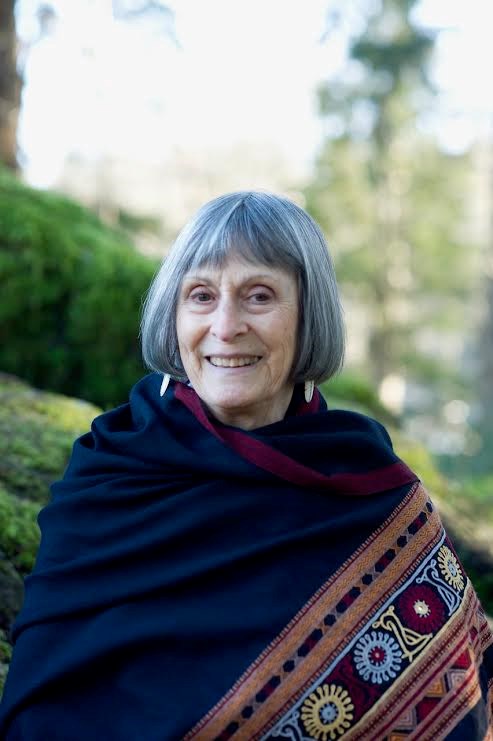Happy Birthday Canada! One hundred and fifty years young. Way to go! I’d like to celebrate by looking at your past – your deep past – so I can learn about my history with the Indigenous peoples who cared for this land long before my ancestors arrived in the 1600’s.
Knowing Our Placehas been my dream ever since I read the Truth and Reconciliation Commission Report. It’s not an easy read. I could only manage about ten pages a day. The tears got in the way. There are many calls to action in the Report for improving our relationship with Indigenous people. They deal with child welfare, justice, language, and health. There are many issues to attend to, and to make amends for. It all begins with education.
I imagine a series of informal and lively gatherings for dialogue about the true history between Indigenous and non- Indigenous in Canada—a history that most of us never learned in school. I like to have a good time so I picture educational and cultural adventures. I am inviting the many creative, willing and witty Native people I have met over the years, and the creative, willing and witty non-Natives I have met over the years.
Thanks to Chris Corrigan for suggesting the title,Knowing Our Place. He made sure I understood the pun. We’re going to take a good look at the historical and contemporary relationships between “Settlers” and “Indians”, open up the conversation and see if we can let go of misguided myths and unchallenged assumptions. We’re going to build bridges, and over time create strong relationships with Indigenous peoples, especially the Squamish Nation, on whose un-ceded territory we live and breathe and thrive.
Reconciliation has not been accomplished because we had a Truth and Reconciliation process. To quote the TRC Report, “Reconciliation is an ongoing process of establishing and maintaining respectful relationships.” It’s possible that as we experience our shared history we will be able to move into a mutually enhancing future together.
Recently, I heard Chief Ian Campbell of the Squamish Nation speak about “creating a community where we are not strangers to each other.” Well, that sounds like a good place to start. To get to know one another. As Wab Kinew puts it in the compelling CBC series, Eighth Fire: “Time to meet the neighbours.” And that’s just what we propose to do.
The first of my reconciliation events, The Blanket Exercise, will take place on Sunday, April 30 from 2 - 5 pm at The Gallery at Artisan Square. The Blanket Exercise is a teaching tool, a powerful way to learn the history and experience the effects of colonization, the Indian Act, residential schools.I took a training in this exercise last November and I'm really looking forward to sharing it with others. It will be led by members of the Squamish Nation. Mark your calendar. I hope you can come! More details in my next column.
There are other adventures planned over the next many months: storytelling for children, and for adults; a fun language evening—you too can learn how to pronounce the original name for Bowen Island; a dazzling native dance troupe; and a cultural bus tour to the Squamish Estuary with a biologist and a Squamish Nation storyteller.
I’m grateful to the Bowen Island Arts Council, the Bowen Island Library, and the Bowen Children’s Centre who have agreed to support the initiative. I’m also grateful for the financial support of the Knick Knack Nook and Literacy Task Group for helping move the initiative forward. I hope others will see the beauty in this project and find ways to get involved.
“This is the great issue of our time,” writes John Ralston Saul, inA Fair Country: Telling Truths about Canada, “the great unresolved Canadian question upon which history will judge us all.”
Nobody’s going anywhere. We’re here to stay. Now how do we work it out together? Come to Knowing Our Place and let’s learn together how we can start to work it out, so the next 150 years will be truly celebratory.



